ose
You can read my initial assessment or log on the OSE wiki.
I arrived nearly a month early to Factor e Farm to participate in the OSE 2021 apprenticeship, I was the first apprentice there.
Motivation
I'm hoping during the apprenticeship we can solve the economics of open source hardware and actually start moving the world
Open Source Ecology is the only organization I know of that really understands how pivotal integrative open source hardware fabrication is to humanity's future. I lived in rural Missouri because solving housing for indie game developers is an effective first step on that journey. I focus on indie game developers because it gives me an ideal demographic to imagine when considering aspects like affordability, creativity, technology, etc. Independent creators have always financially struggled on a massive scale. With rising cost of living this struggle is manifest in pressure to use proprietary software tools, to adopt unethical business strategies, to hurry up and commercialize their work or get a real job in order to survive.
I looked into a lot of intentional communities, but most of them feel dated, moving back in time using less technology, low density and such
Housing is a human right that can and should be made universal by technology, not an investment. I think it's crucial that people are able to understand the world around them (both manmade and natural), in this sense open source hardware is empowering because it allows everyone to play a role in the technical engineering decisions of their environment. Understanding is a prerequisite to freedom.
the value of open source hardware in advancing state of the art indie and AAA game dev: if developers aren't beholden to the endless grind of making money they can have the breathing room to actually make the amazing games that they are intrinsically motivated to
The Farm
The land approaching Maysville is speckled by enormous windmills.
HabLab and the other infrastructure was in a state of disrepair when I arrived. Yet, I felt more excited than ever just to see the LifeTrac up close in real life. Although we organized and cleaned HabLab and other parts of the farm, there were many nooks stacked with projects and personal belongings from Open Source Ecology's history that remain abandoned. I feel an immense empathy with this scenario: lacking organizational capacity to implement big dreams is the default state of game developers. You don't see this sort of thing on the wiki: it's a harsh reality that things decay and fall apart without immense ongoing effort. It took all six months for me to understand thoroughly what happened here over the previous decade. If you read everyone's logs, you can piece the mystery together...
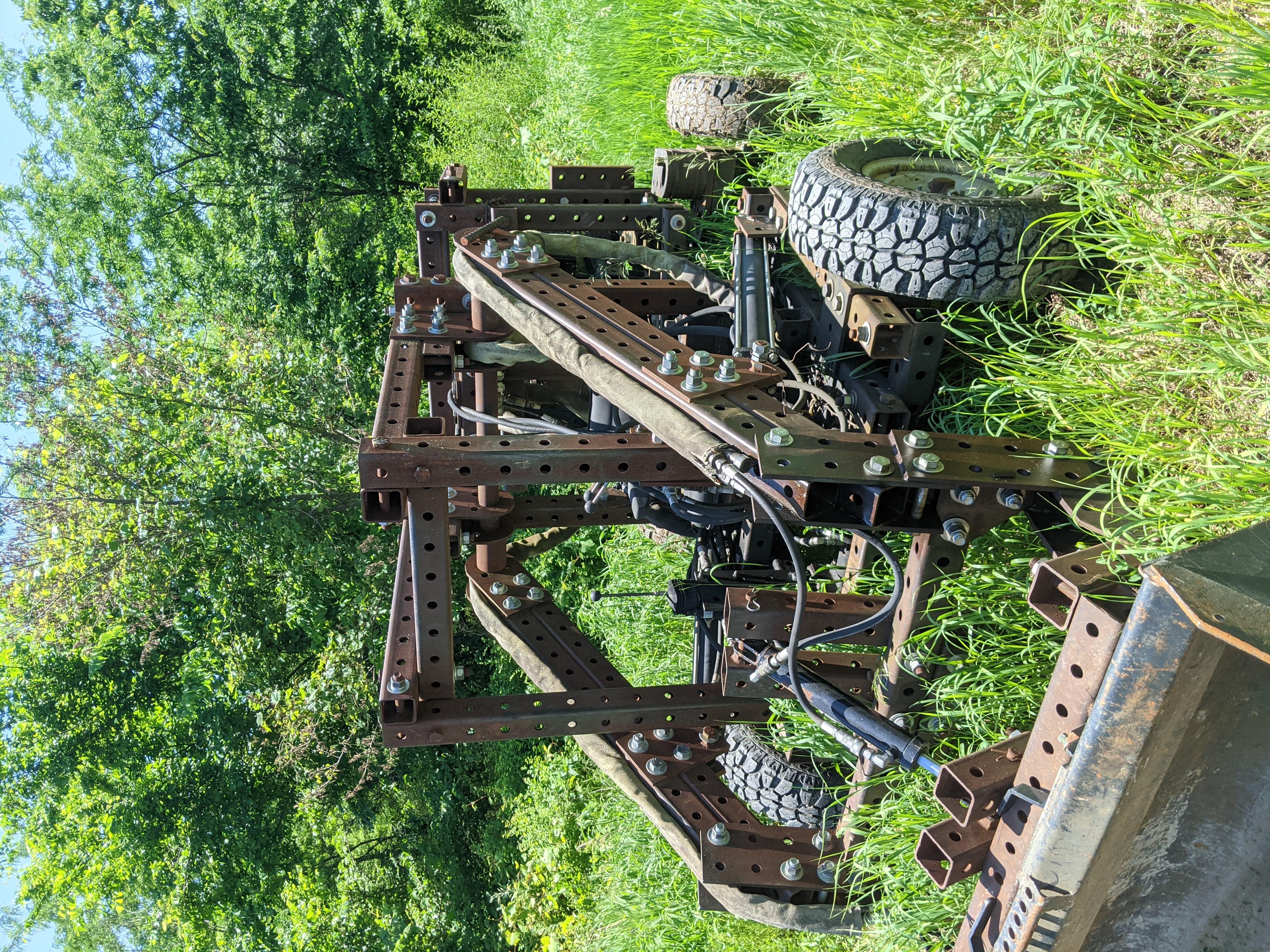
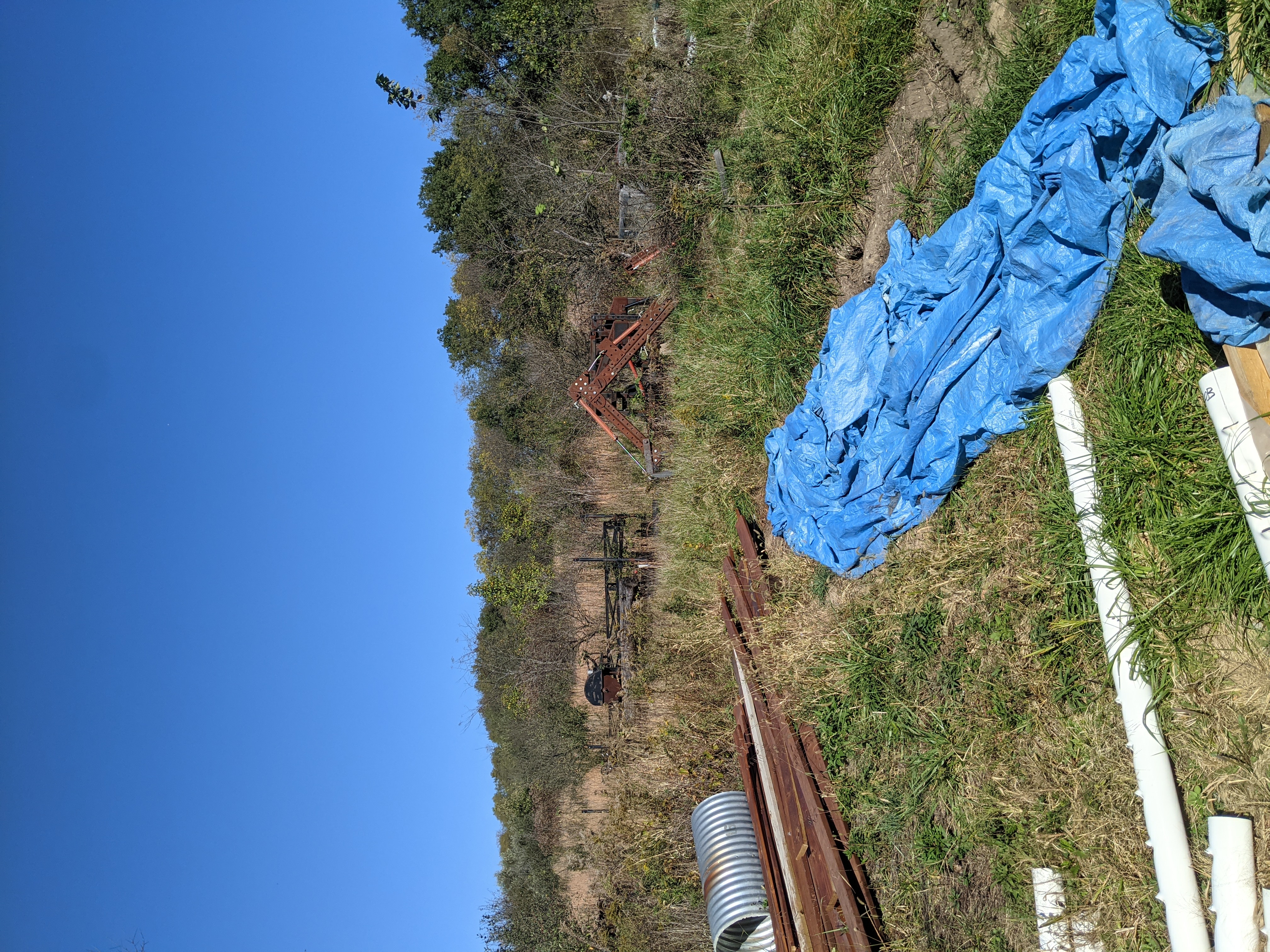

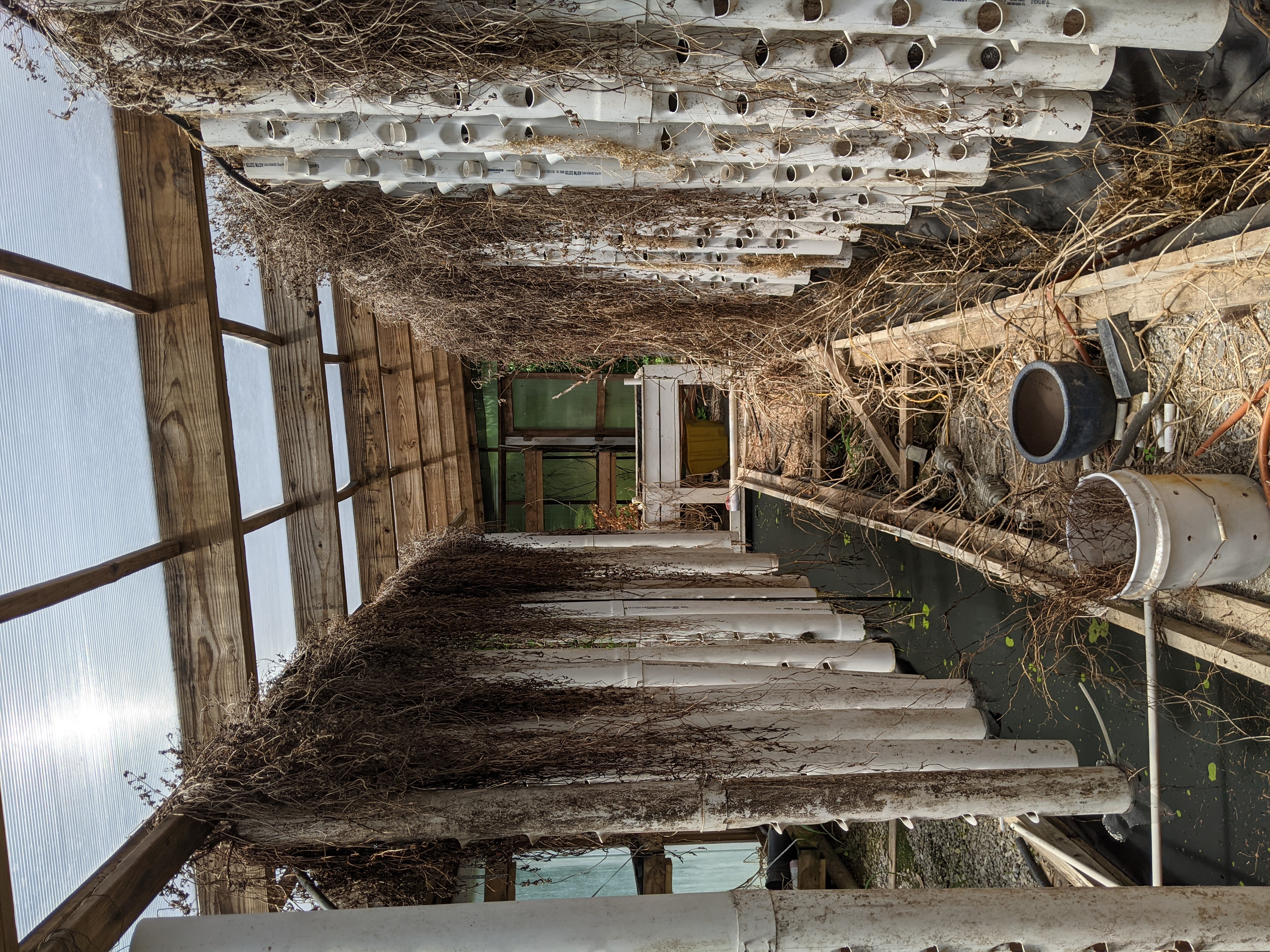
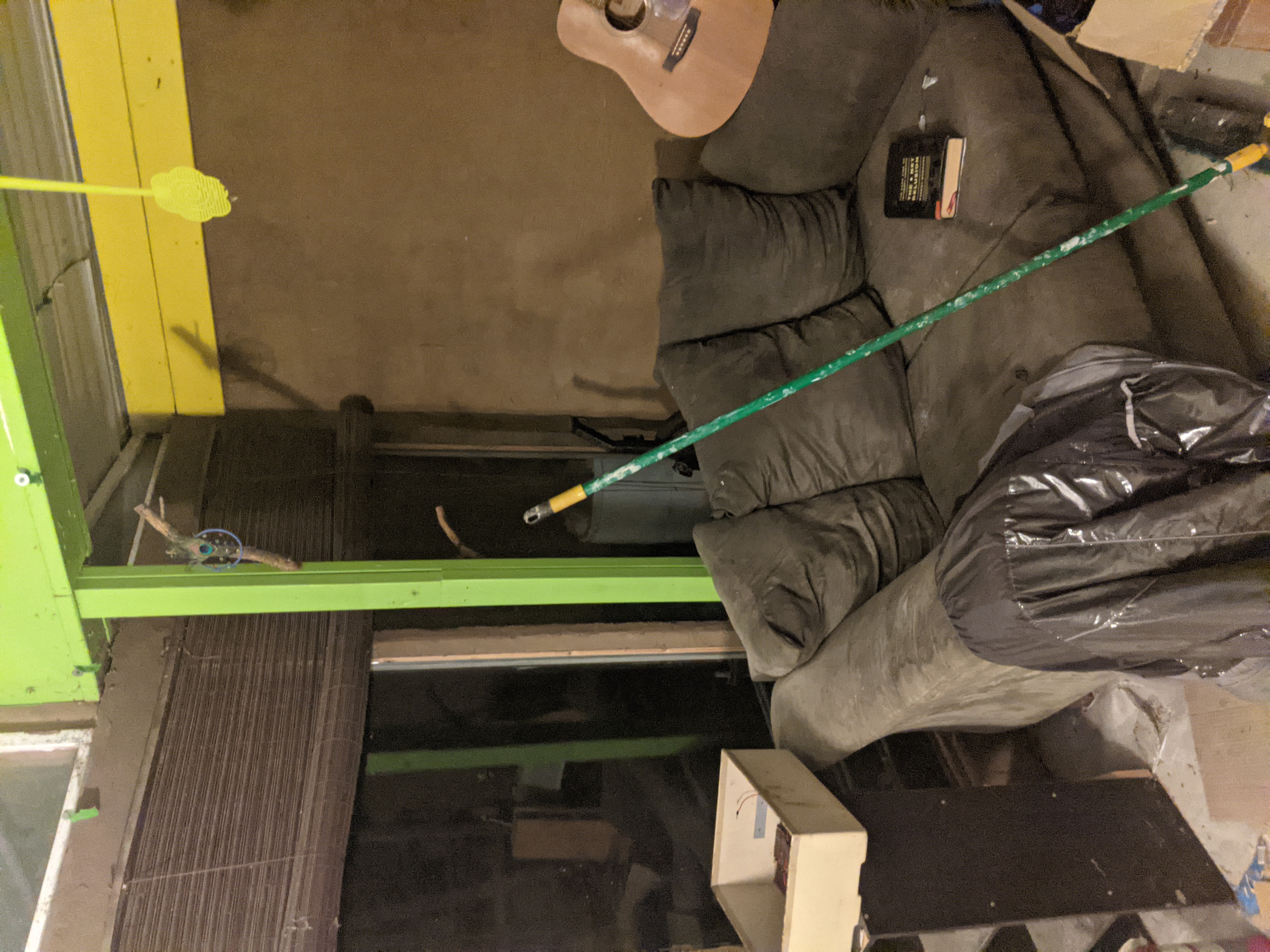
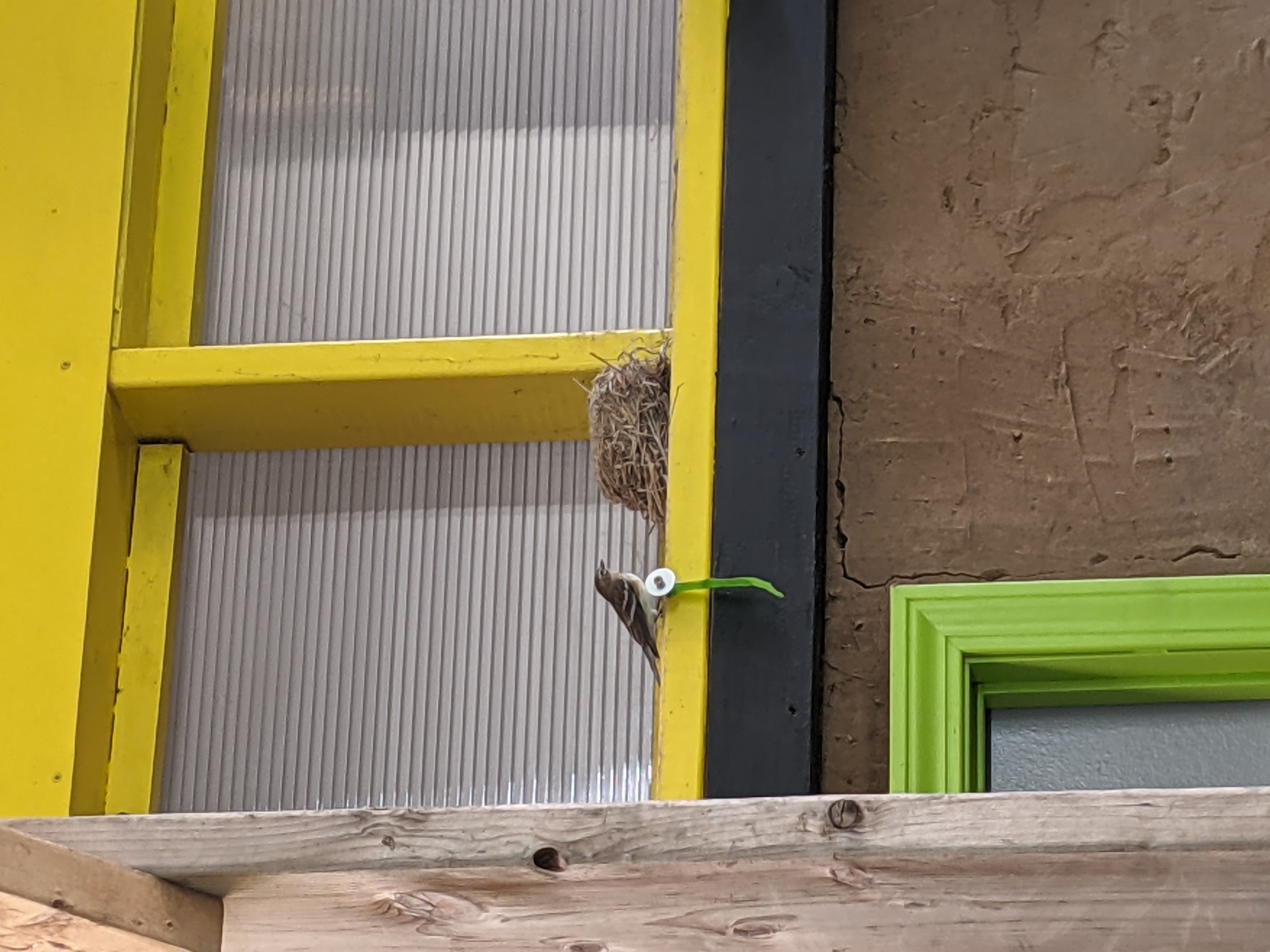

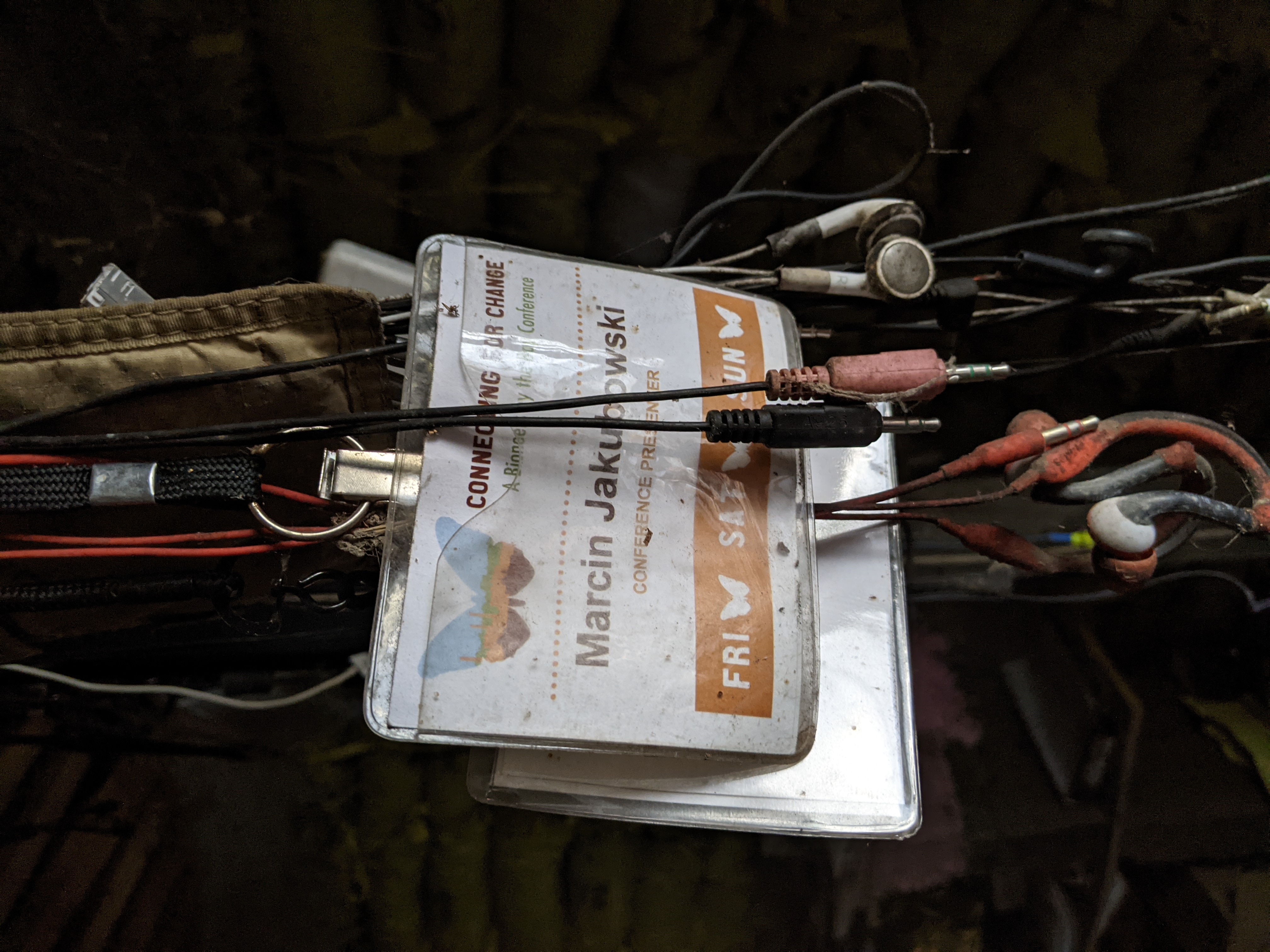
To put it frankly, OSE was once a paradise on Earth, a mecca of freedom and engineering, that gradually eroded. Marcin claims it's due to a lack of profits: people leave and move on with their lives he told me. He has made efforts to shift focus to enterprise because of this.
I think there's also a strong case that Marcin has founder's syndrome: and the prioritization of progress on the GVCS over people care due to meager resources has worn away the organization's integrity. I realized this when I found Yoonseo's Log and compared it with reports from people who left early for myriad reasons.
We'll come back to this later.
The farm is overgrown with numerous species of plants, bugs, and animals that flavor the seasons.


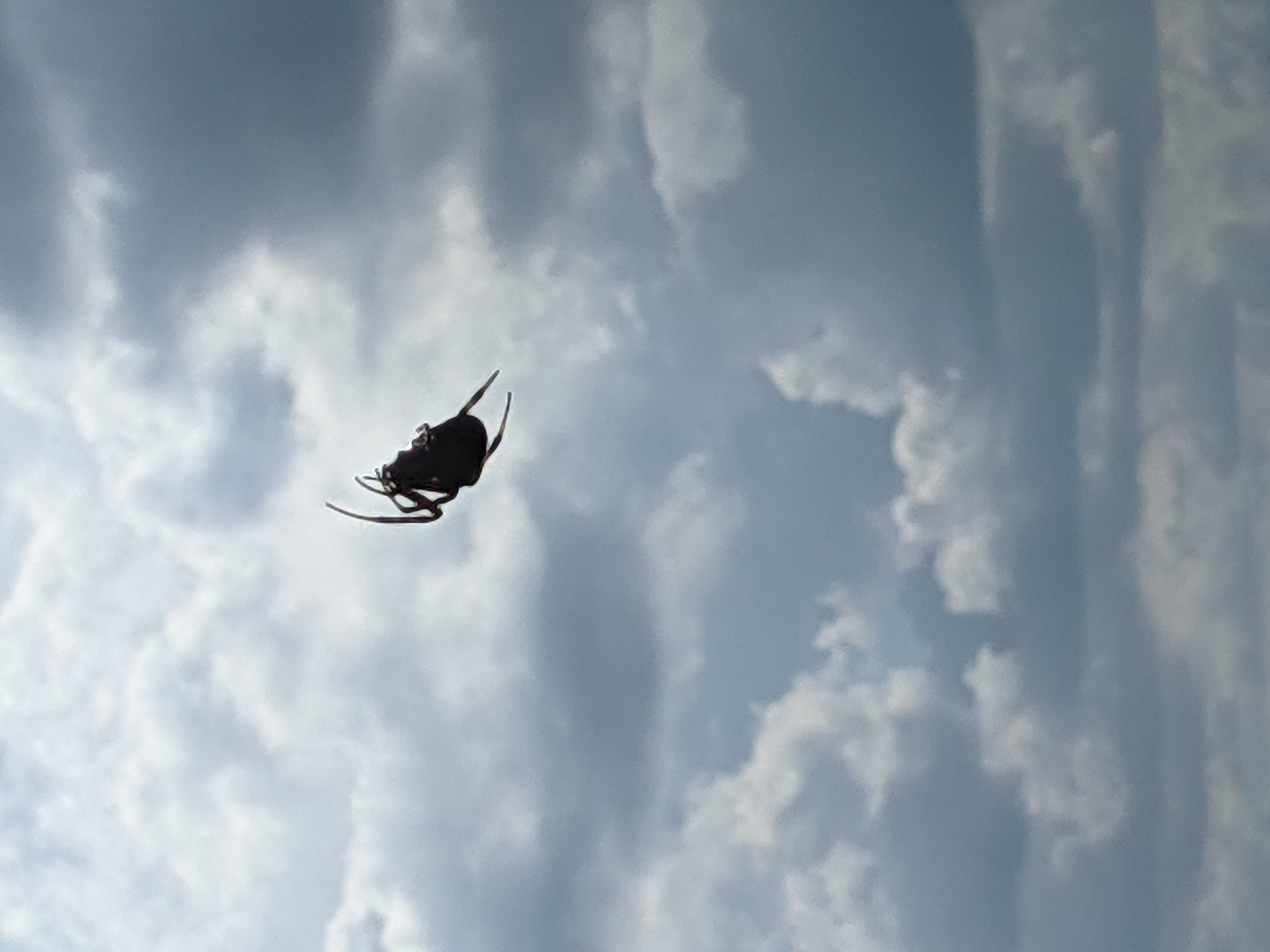


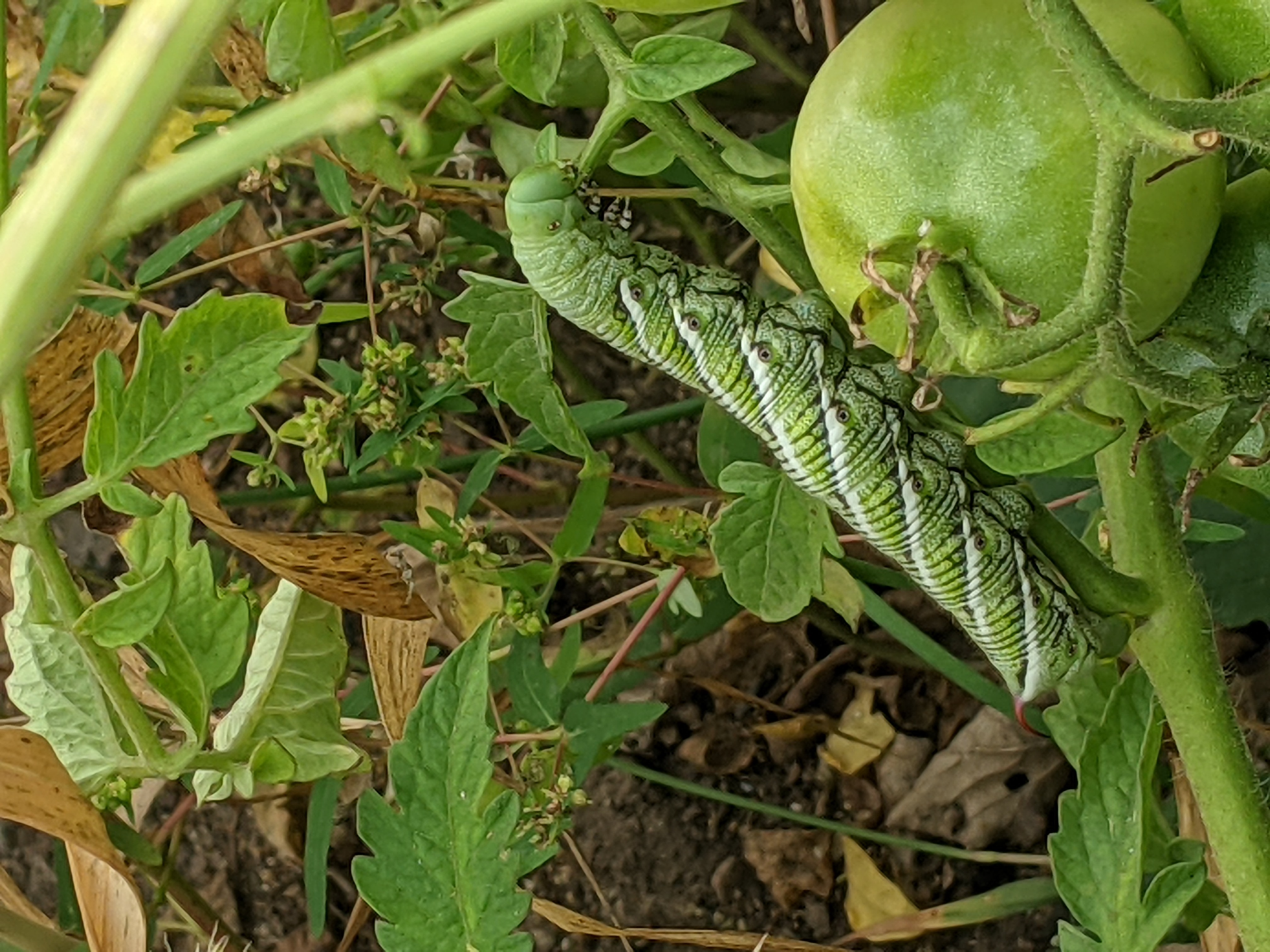
I have wept in joy and sorrow for the potential of this pocket universe. Wandering pleasantly lost in the wind waved miracle orchard; gazing stoically at digital blueprints and rusting relics.
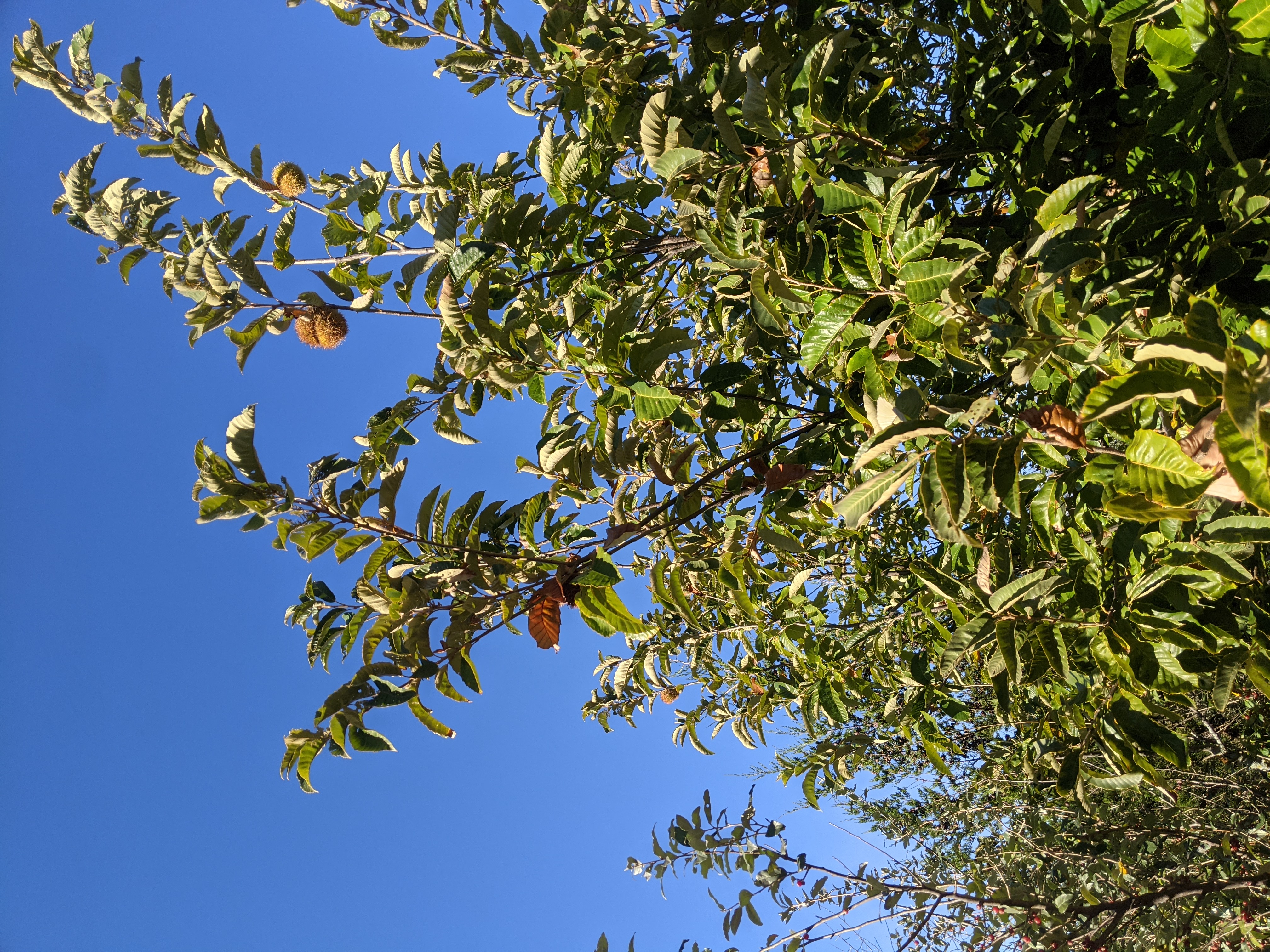
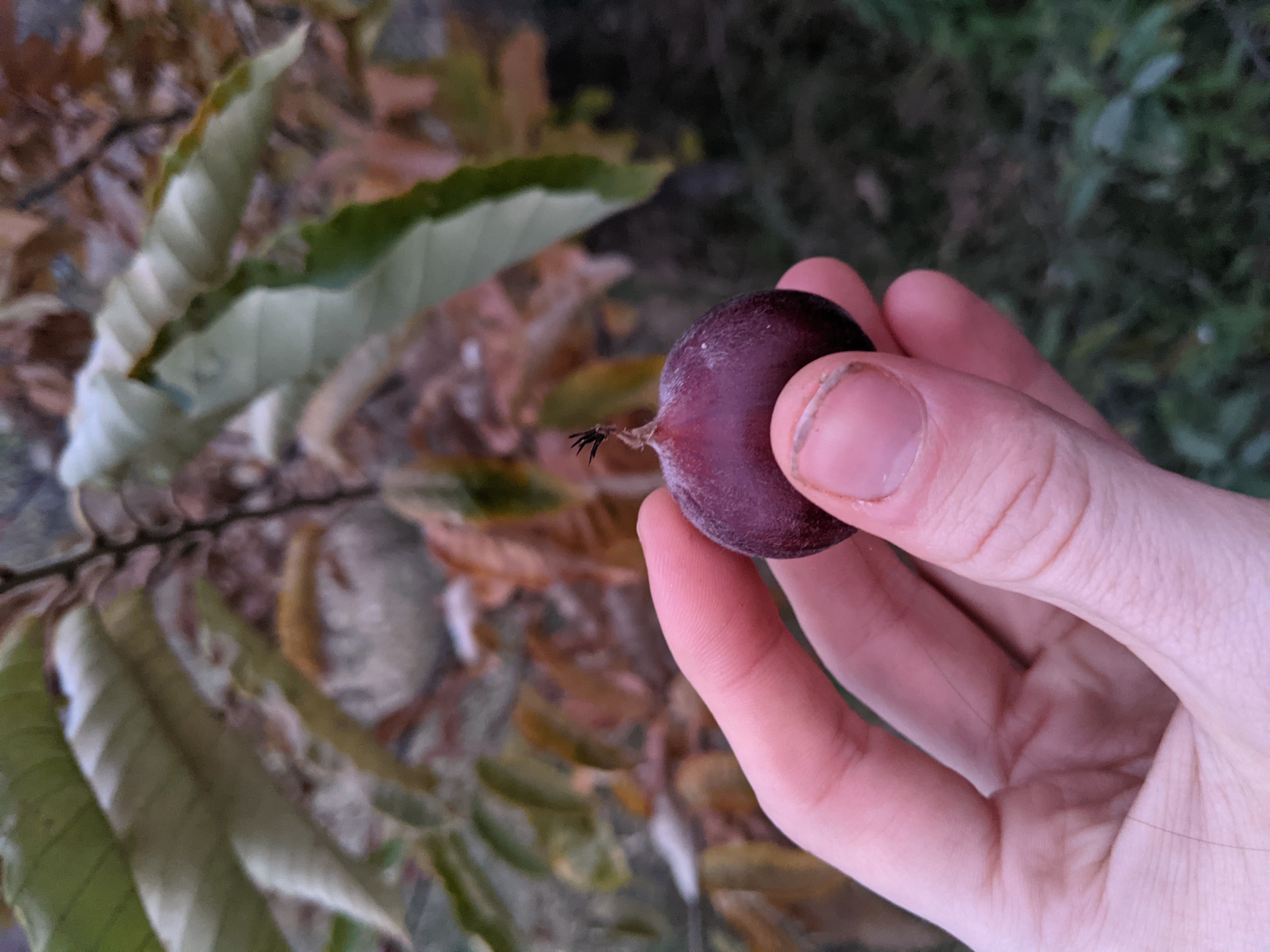
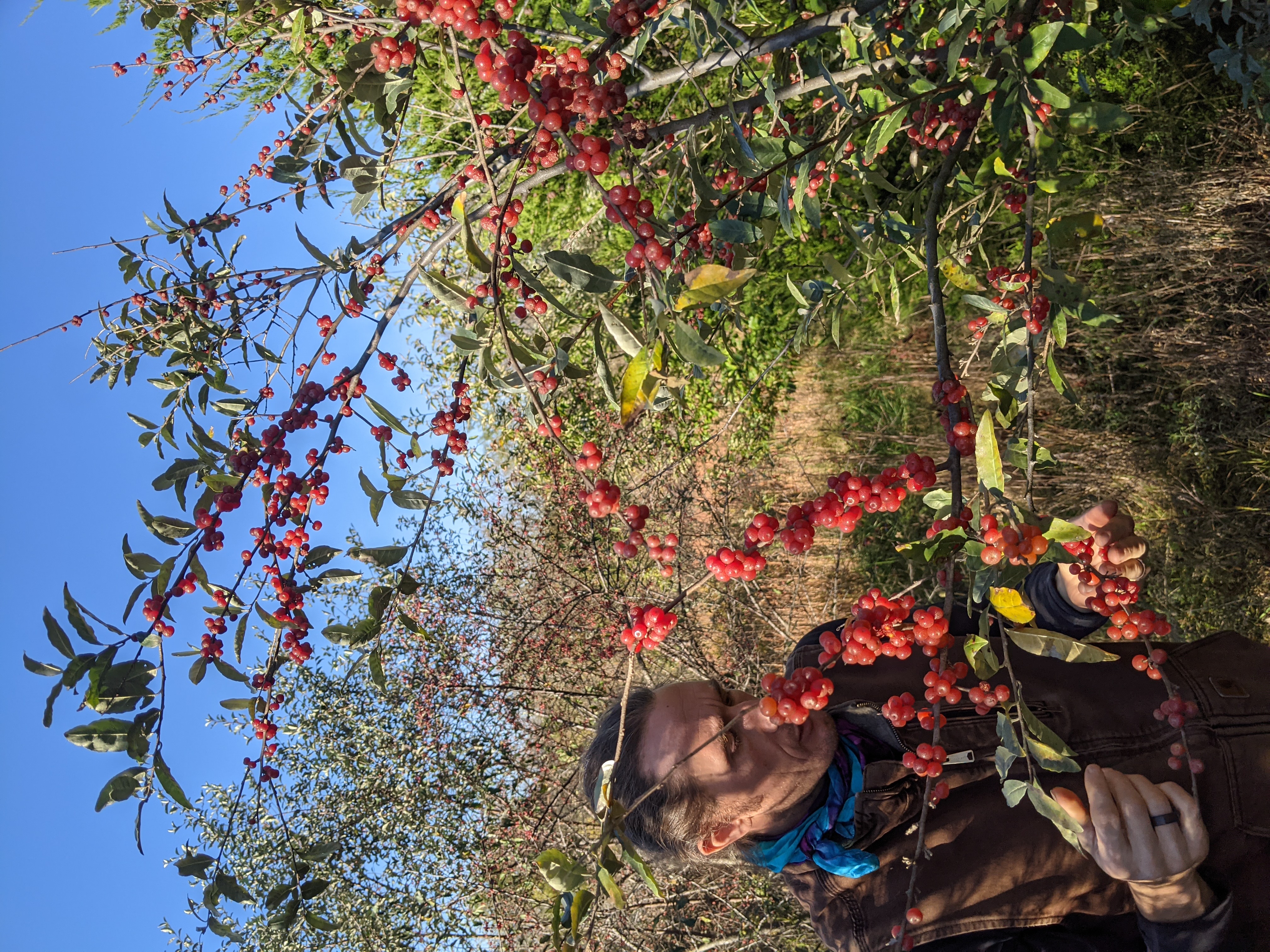
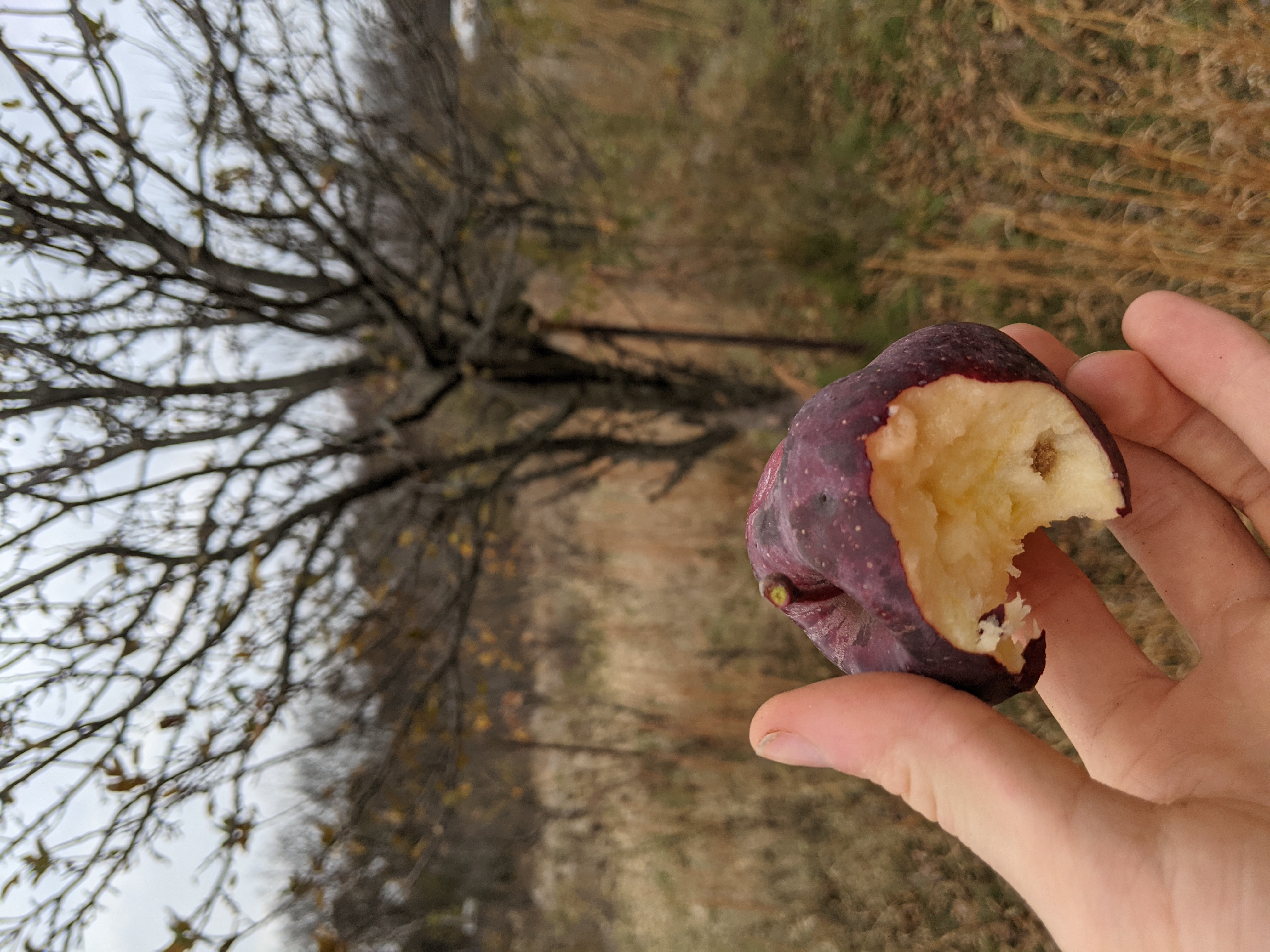


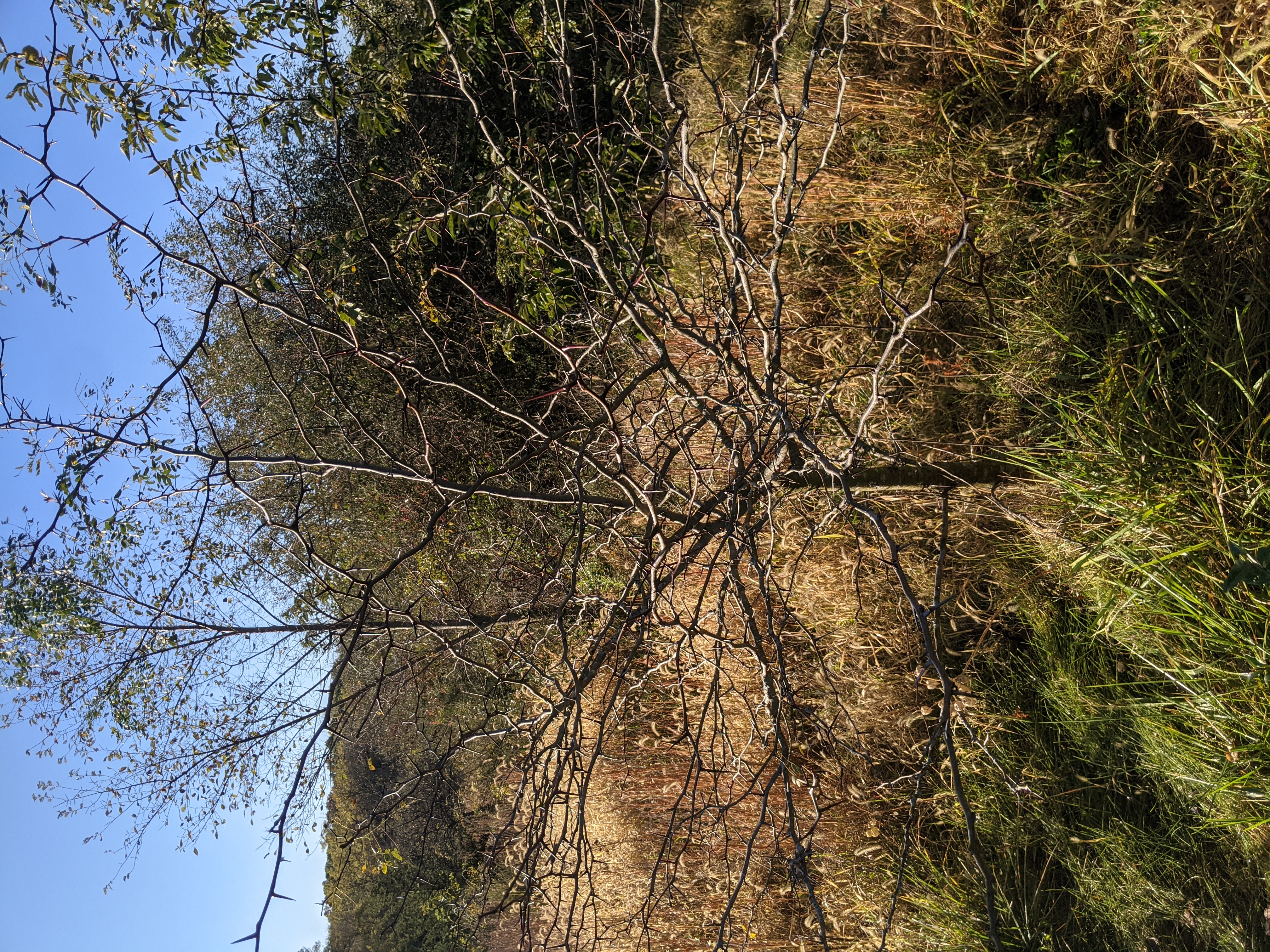

Our primary project was building the Seed Eco Home, a 1000 SF house that you can build with a friend in one week for $50k. It took a lot longer than one week, and many more than two people. 😅
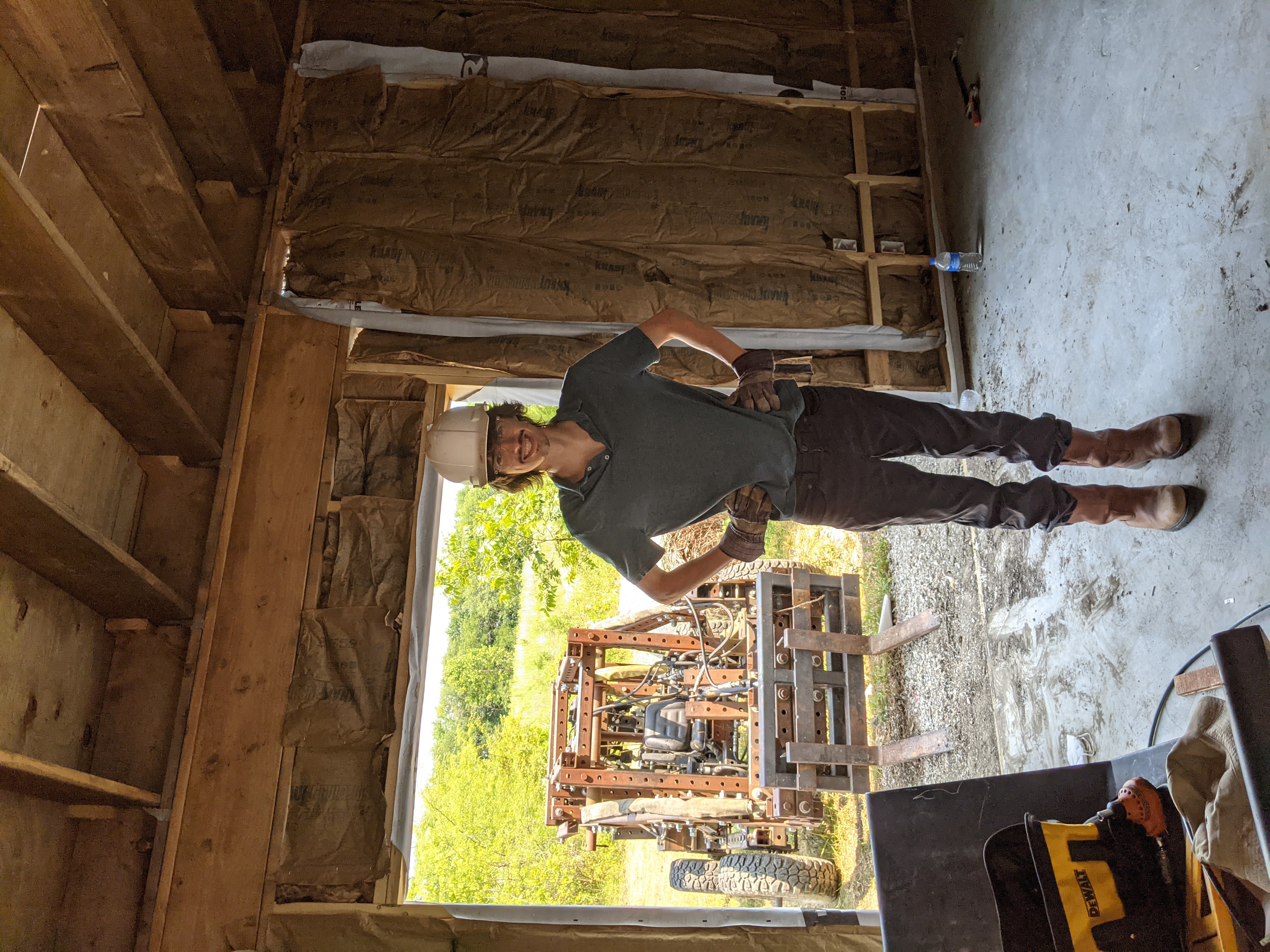
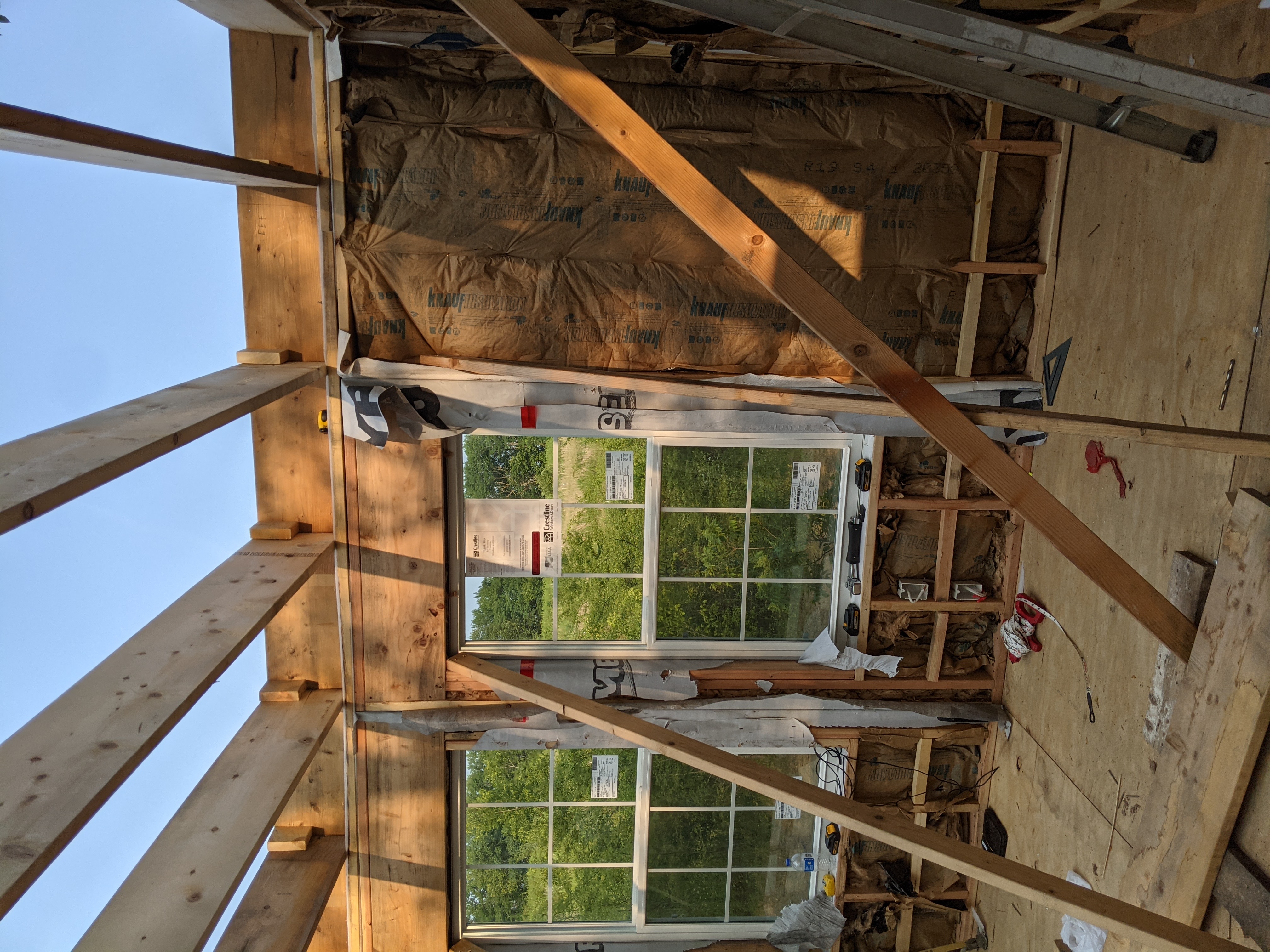
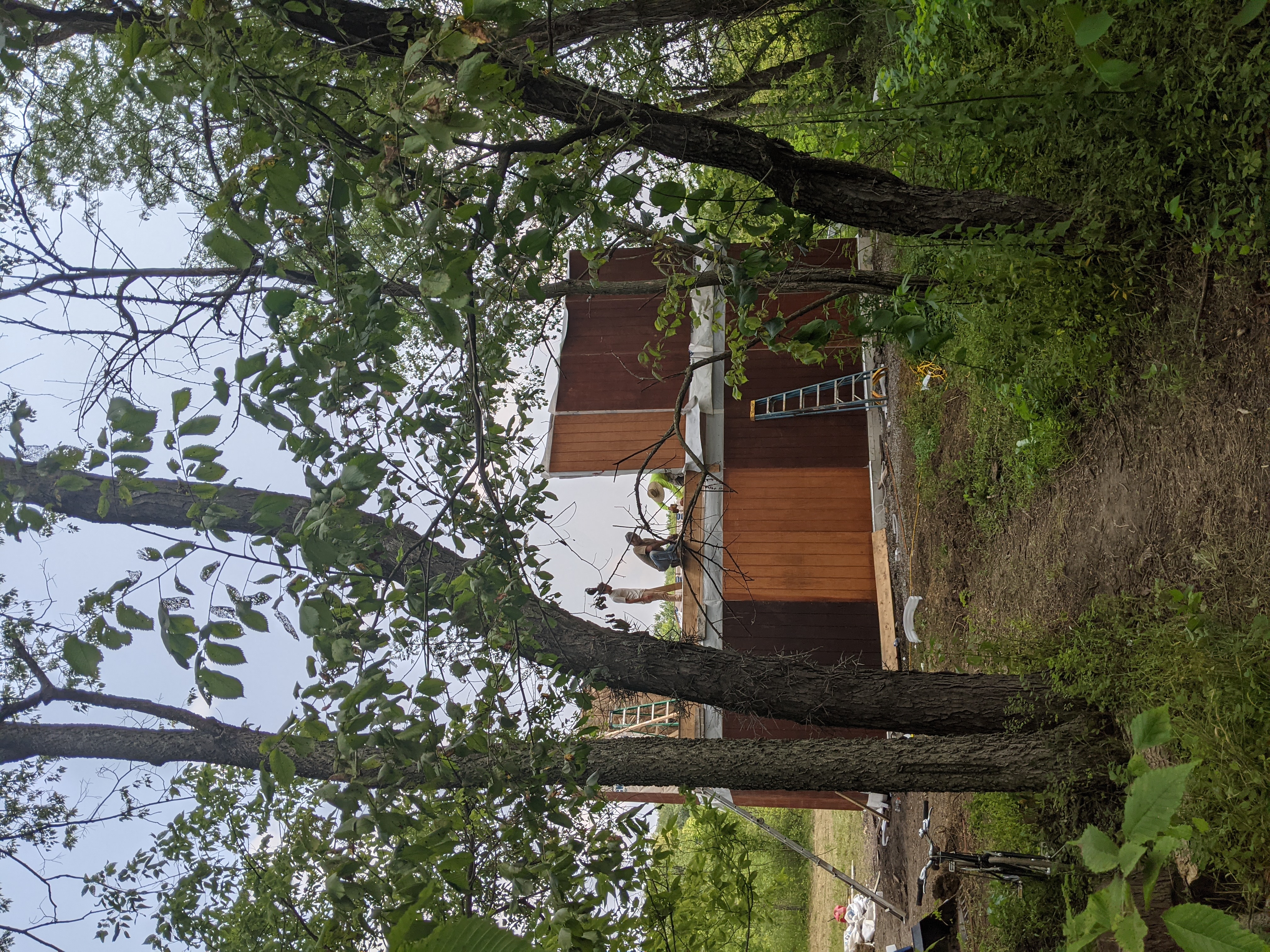
Two humans and a small crane could do it. Definitely not possible for two people in a week with the existing process, but could get there with better machines or design I think. Assembling the modules is another story...
We didn't have time to complete all of the electrical and plumbing work. Once Summer of Extreme Design-Build 'Summer X' participants showed up, the group moved on to other planned projects like the aquaponics greenhouse, LifeTrac, and giant trash recycling 3D printer. It was a recurring theme that new projects would interrupt ongoing work before it was completed.
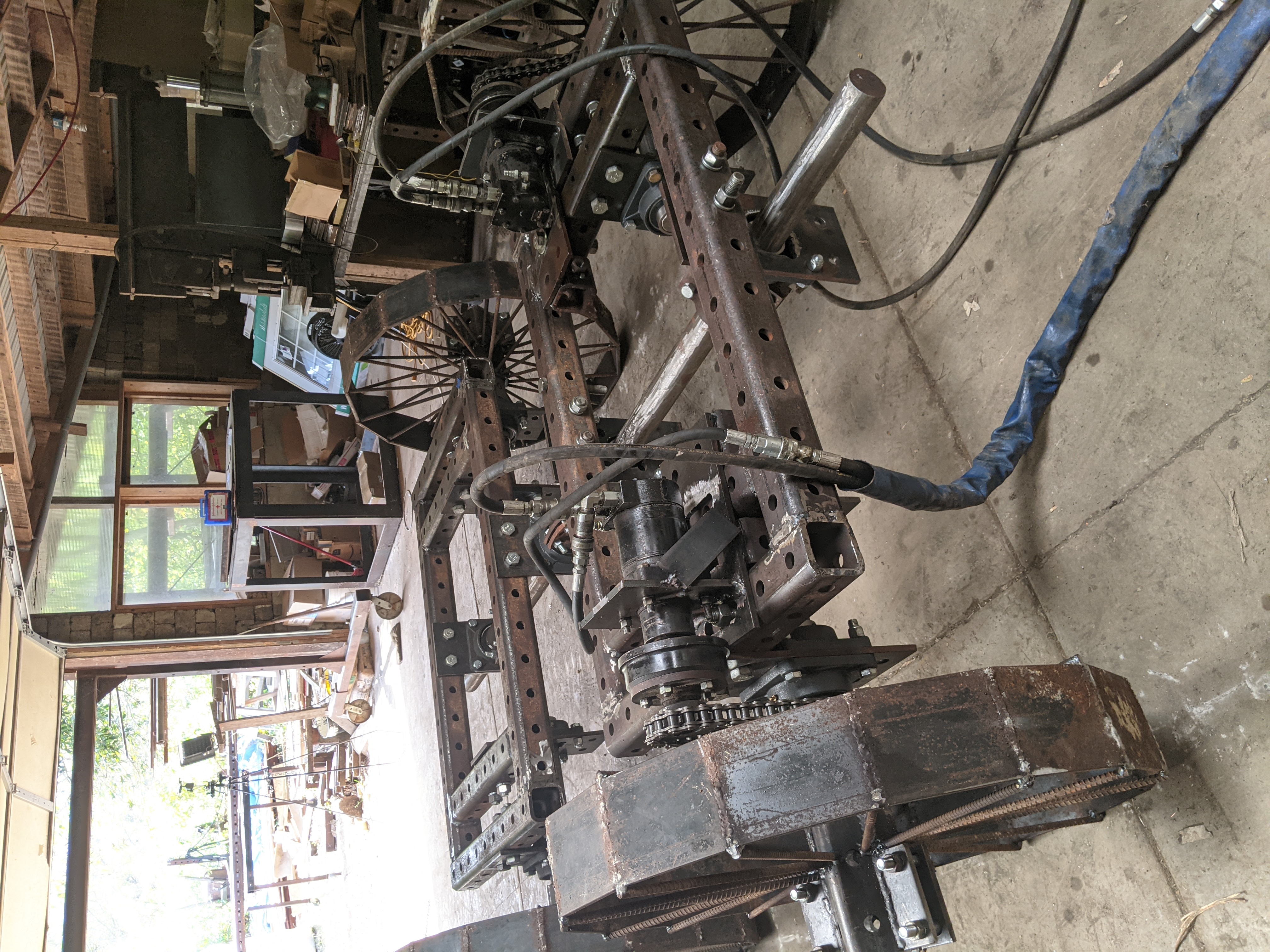
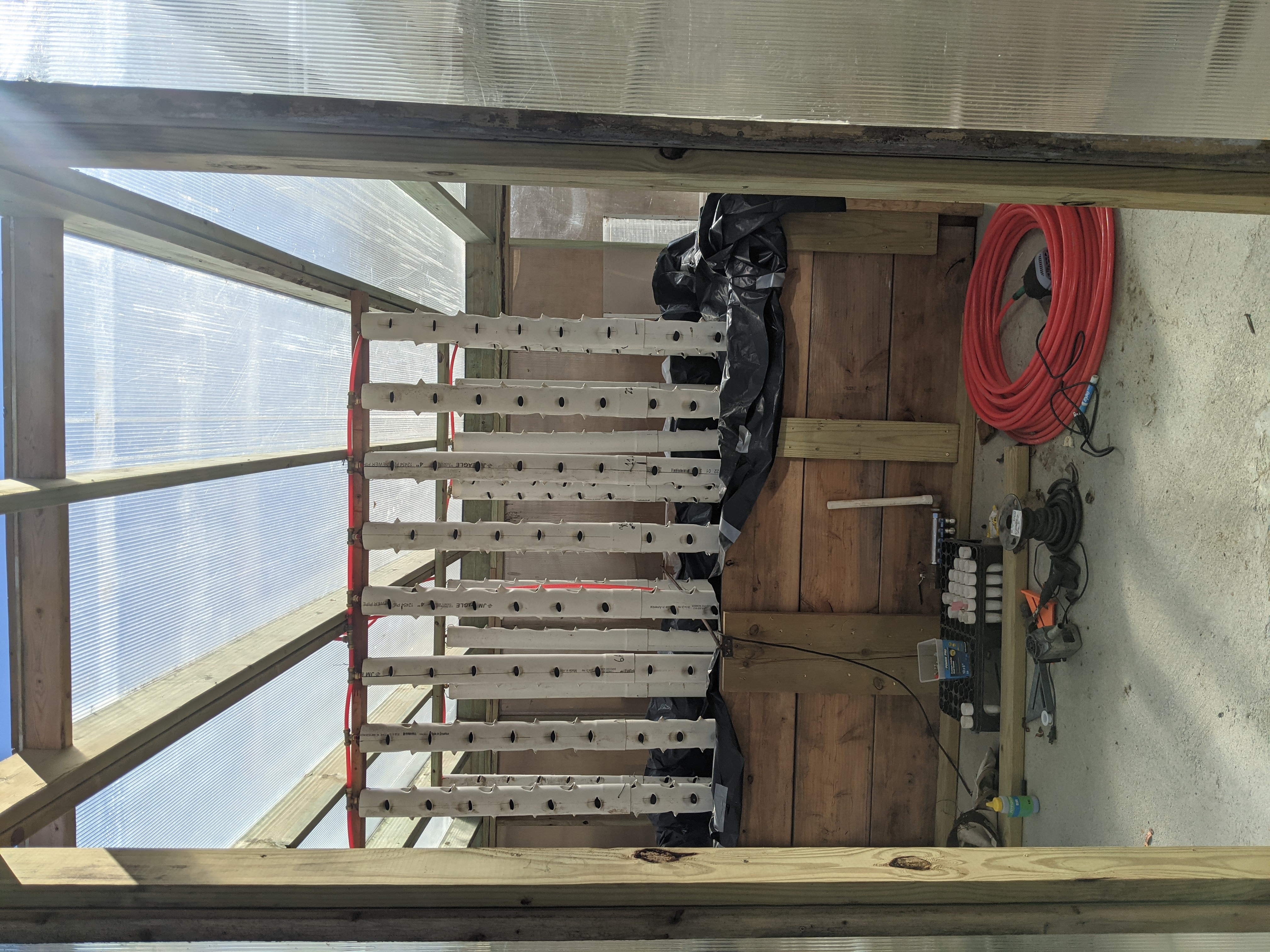
Highlights of the experience for me were skunkworks projects I took on autonomously: building a Voron 2.4, coding a pixel UI for the filament maker, and programming remote control and a digital twin for the MicroTrac.
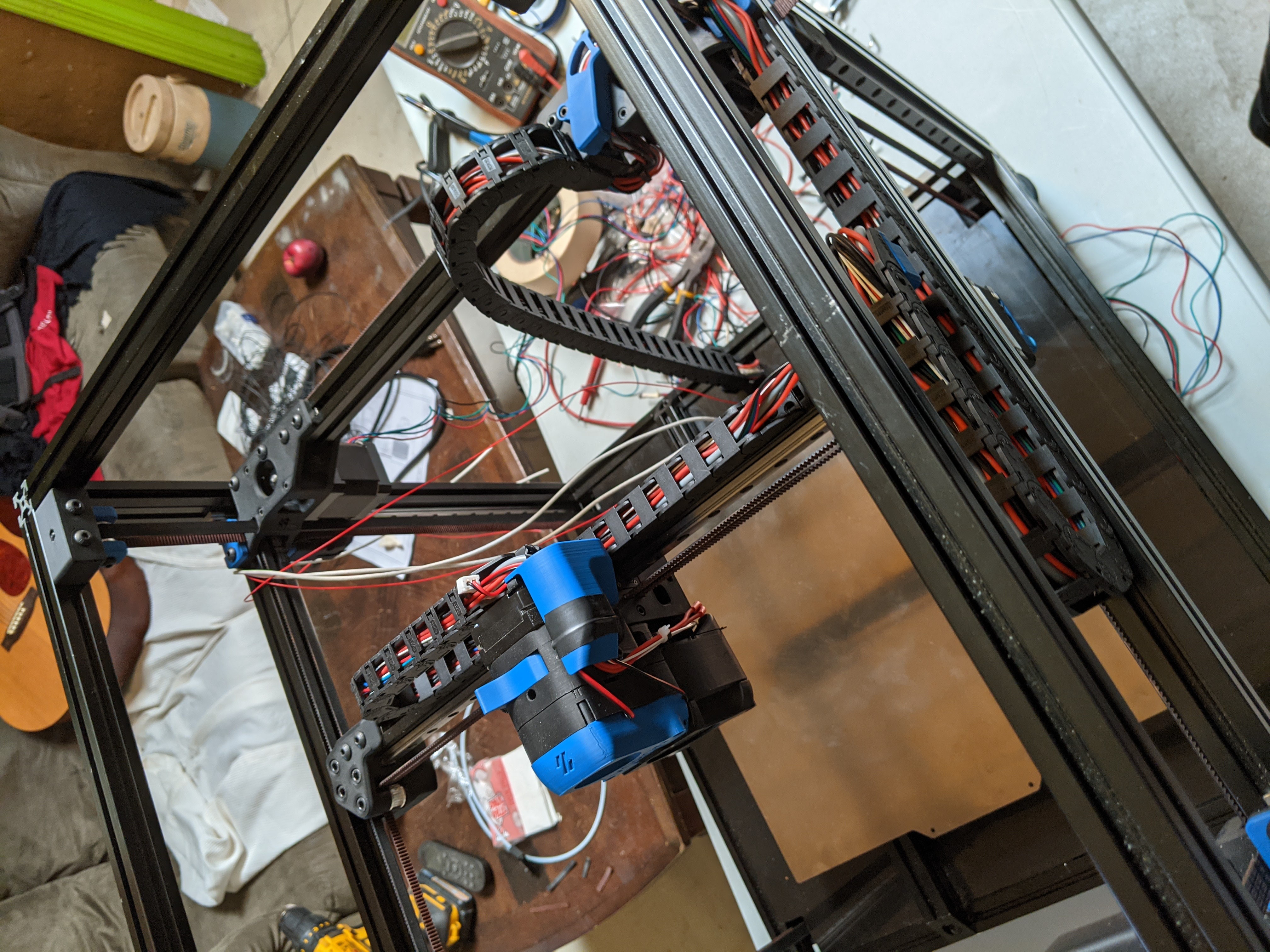
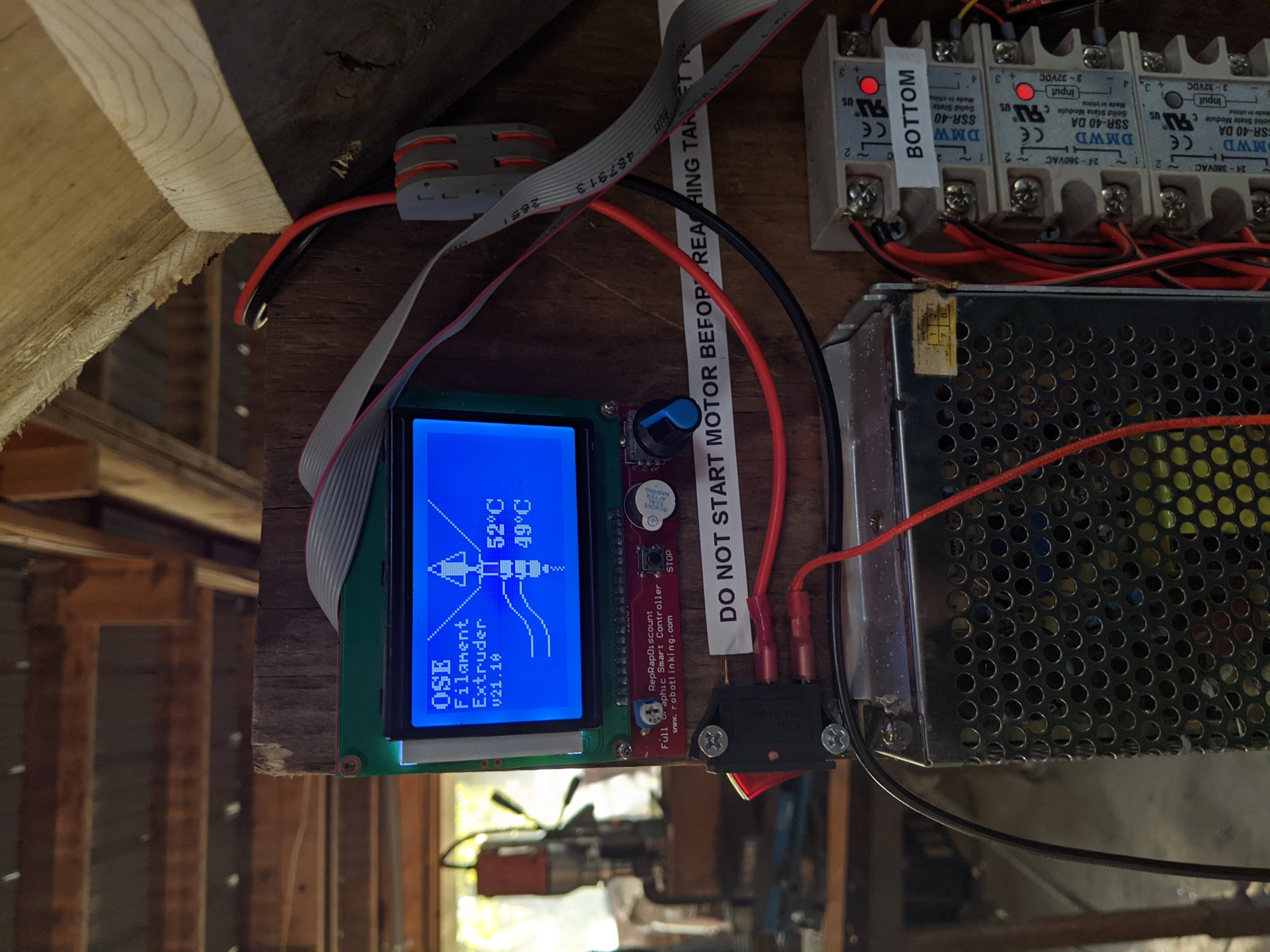
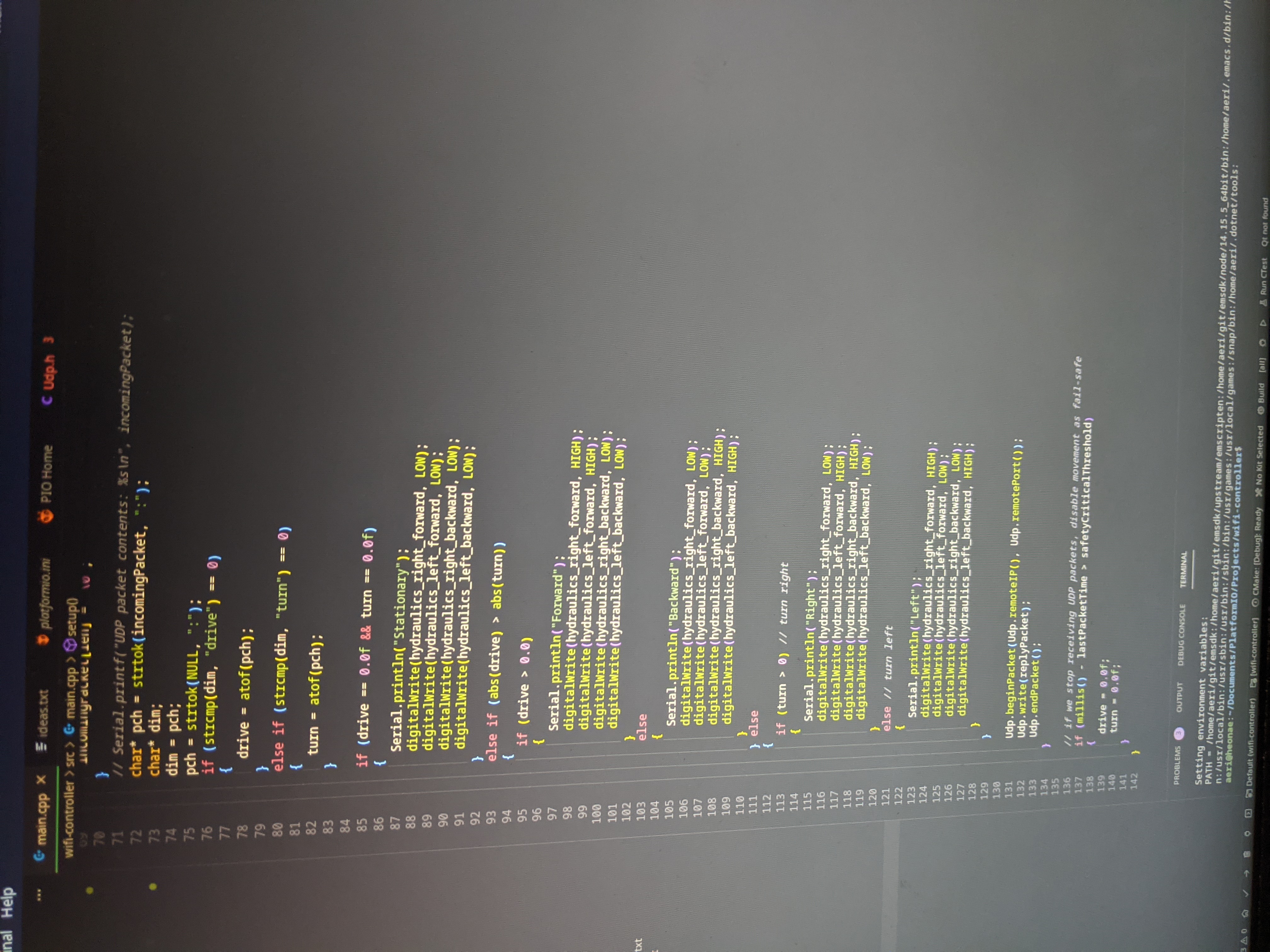
I programmed an Xbox controller to pilot the MicroTrac so it's not much of a stretch to think of the ose game as a simulation environment for learning... or actual controlling of physical hardware
I immensely enjoyed watching fireflies for the first time; foraging for mint to make tea with my friend Paul Pham; eating berries and chestnuts I gathered from the orchard; and reading about economics, anarchy, and futurism on my yoga mat.
When you microwave fresh chestnuts they taste smooth and soft, yet nourishing and whole.

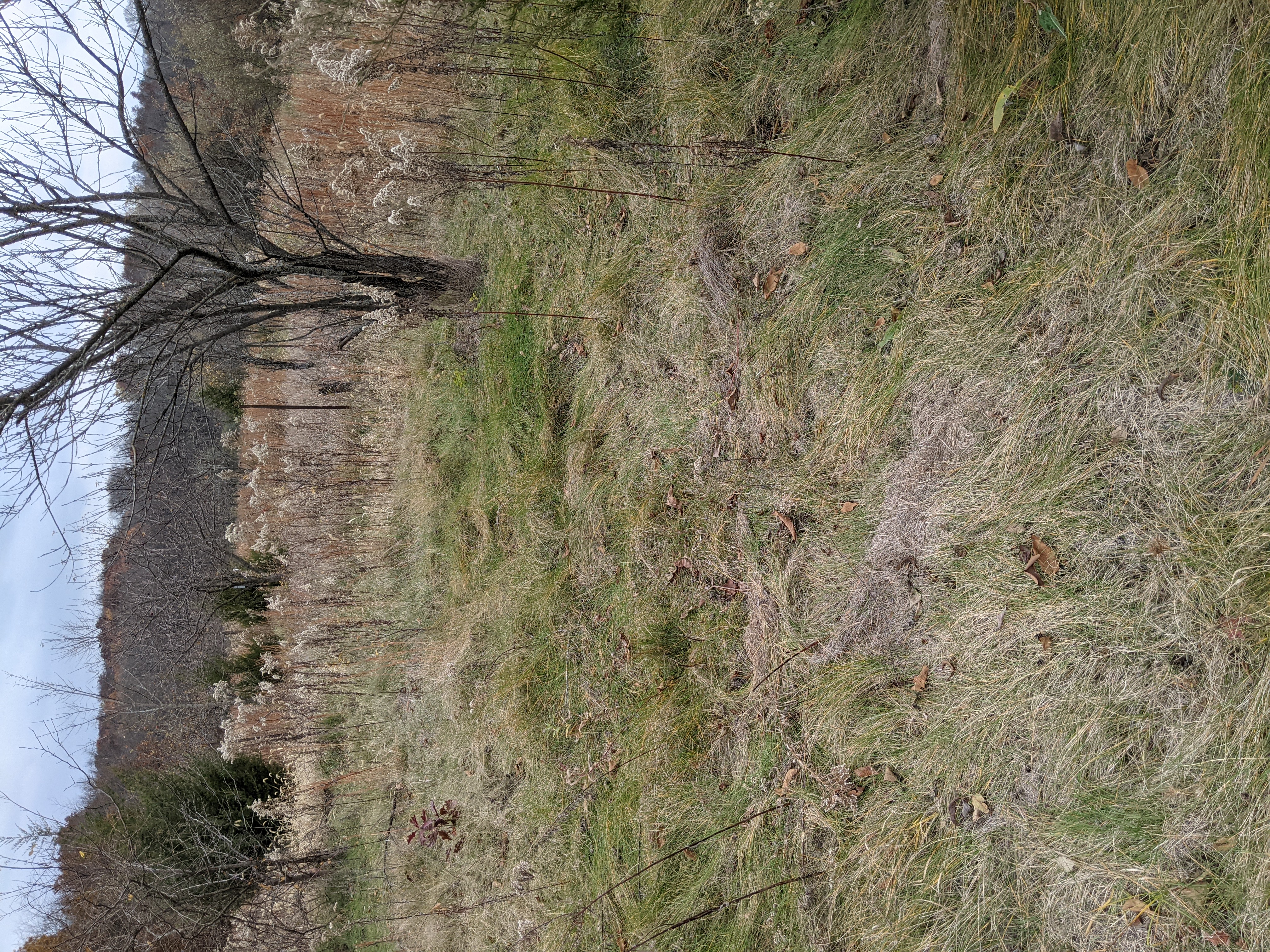
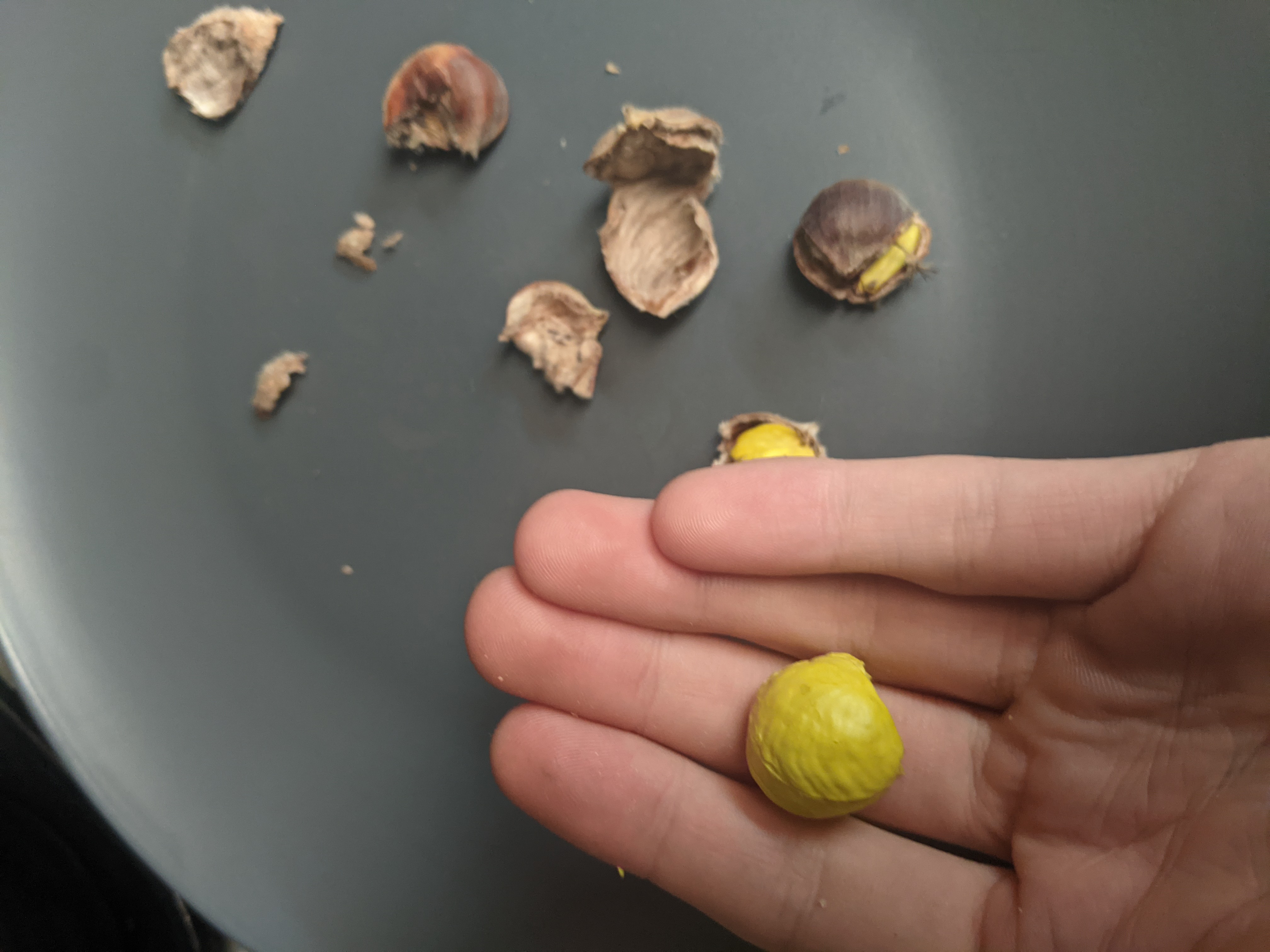

I've been reading a bunch of posts by Yancey Strickler, one of the cofounders of Kickstarter. He has some great insights about post-capitalism
I also swam across the Maysville Reservoir to an ancient tree with Eric McDonald, which was pretty cool.
Unfortunately I was dealing with intense discomfort for most of the experience. A chronic allergic reaction from an unknown source (eventually I figured out it was likely straw insulation in HabLab), intense heat (I thought CEB houses were supposed to be well insulated!) (we installed a heat pump later in the summer, but it got unbearably hot for a few days), and the horror of ticks... lots of ticks, prepared to ambush you everywhere outside.
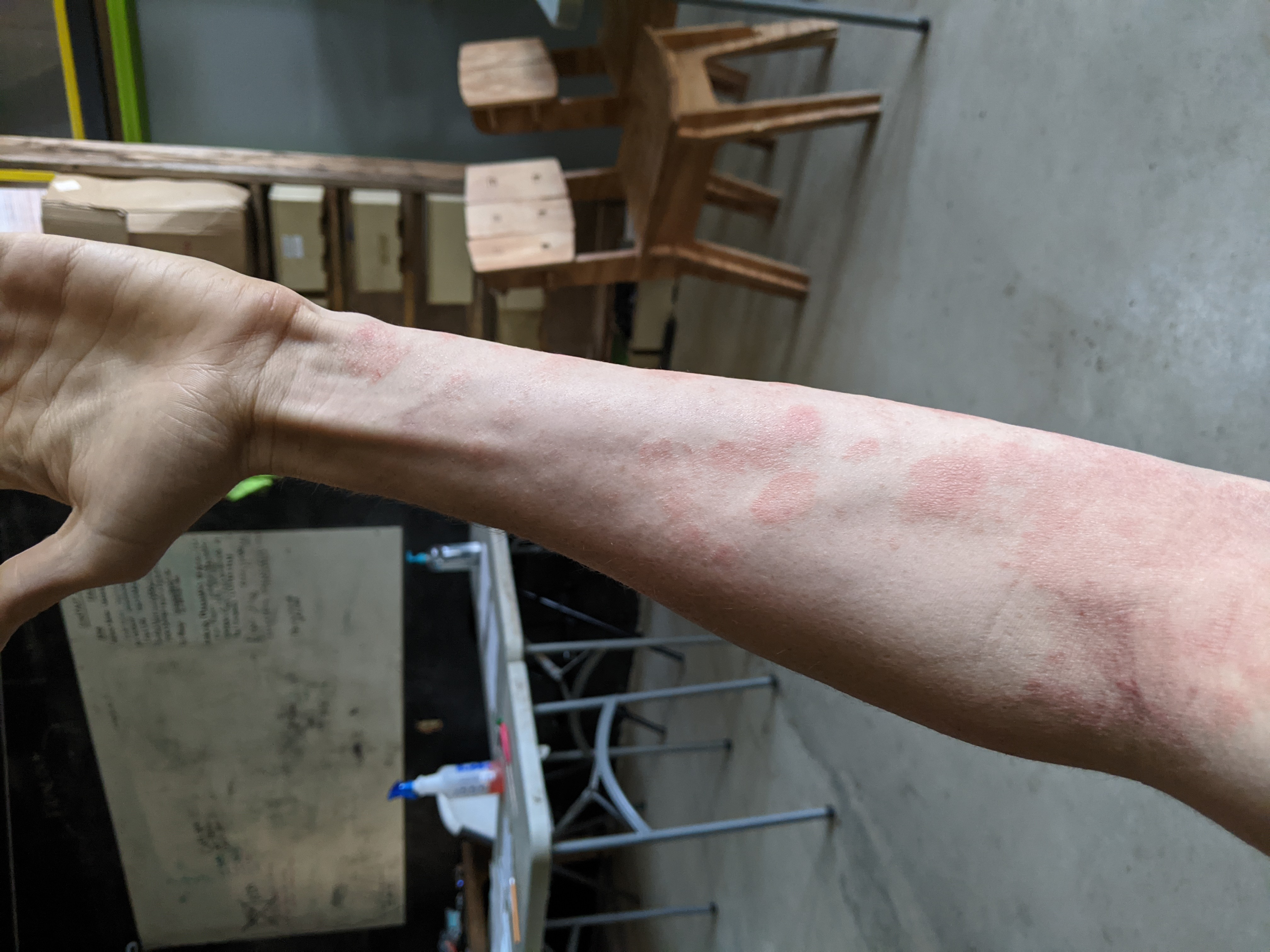
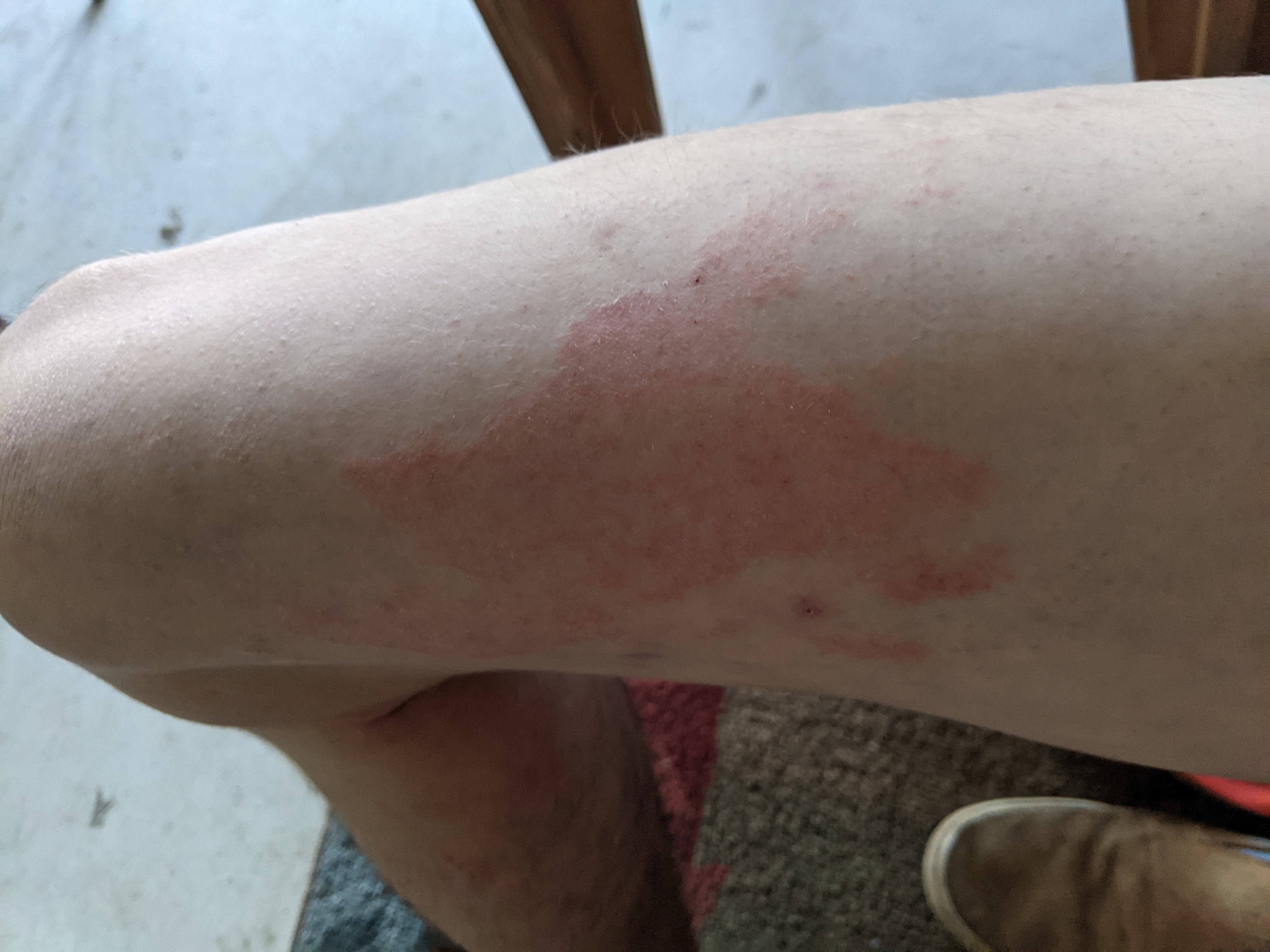
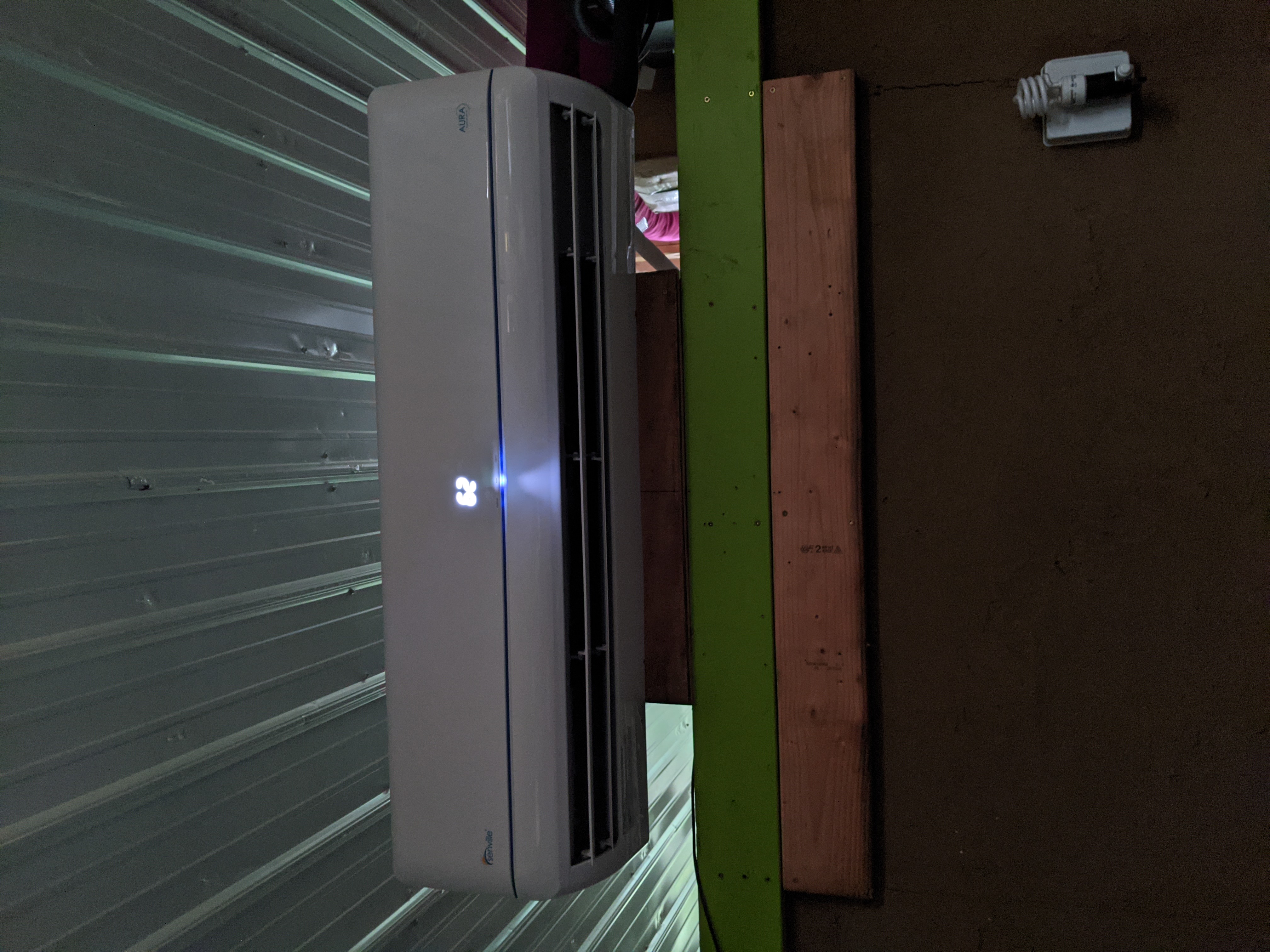

Then there were social conflicts about what to prioritize, disappointment that the workshops were being run in a more autocratic way than the promised socratic method. Dissonance between the theoretical and lived aspects of open hardware manufacturing.
I'm starting to be concerned that open source hardware manufacture and research is limited due to high time costs from its DIY distributed nature. Ultimately if something is not 100% locally manufacturable at the press of a button almost all people will prefer the option which saves them time: ie buying a product from Amazon produced in a centralized factory in China. For example, building the openflexure microscope, most of the parts are delivered from China. Things like objectives, screws, stepper motors are not easily created locally.
Eventually I led a workshop with some of the participants using liberating structures as a communication framework to discuss how OSE could be improved. I confronted Marcin with others on a long group walk about how many promises were undelivered.
He explained that due to COVID-19, fewer participants had signed up than expected, leading to shortfalls in budget and staff preparation. Although I was still frustrated, much of my anger about how things had gone diffused at that point.
At least I learned CAD...
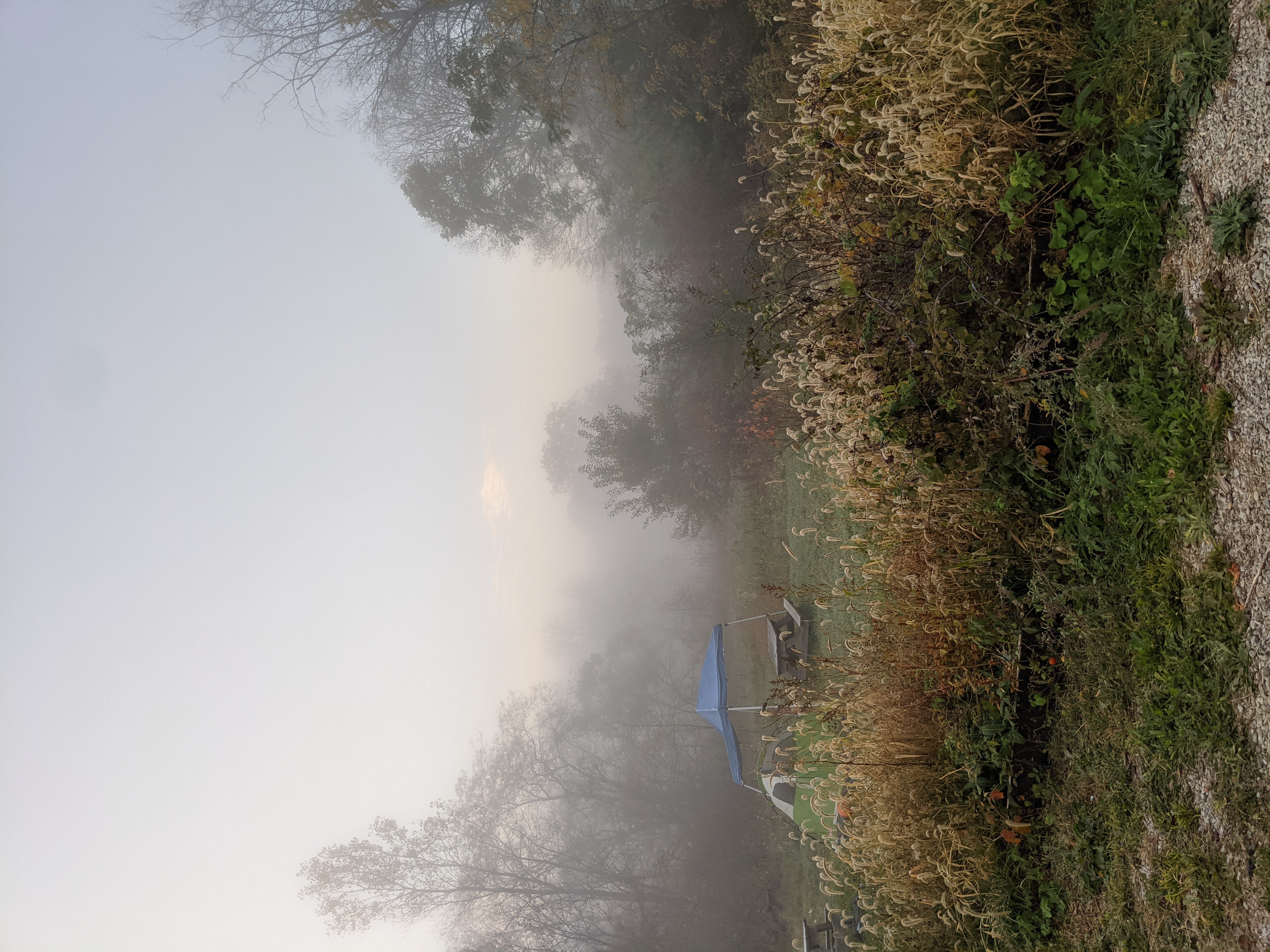
Goodbye, Factor e Farm. I wish you all the comforts of an advanced future civilization.